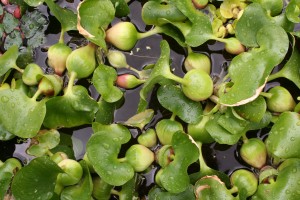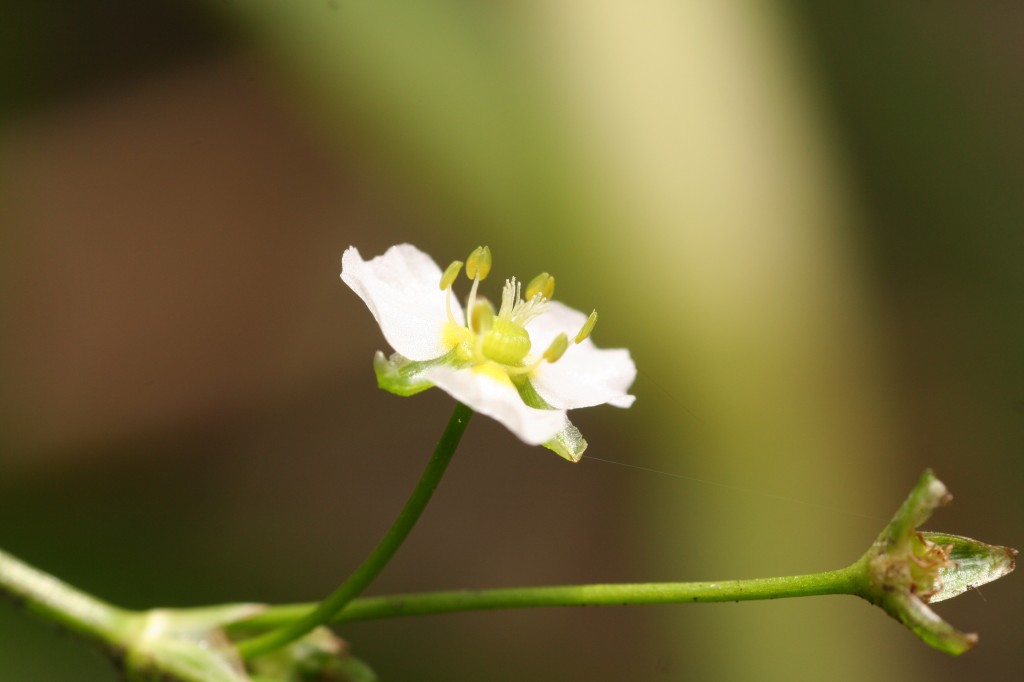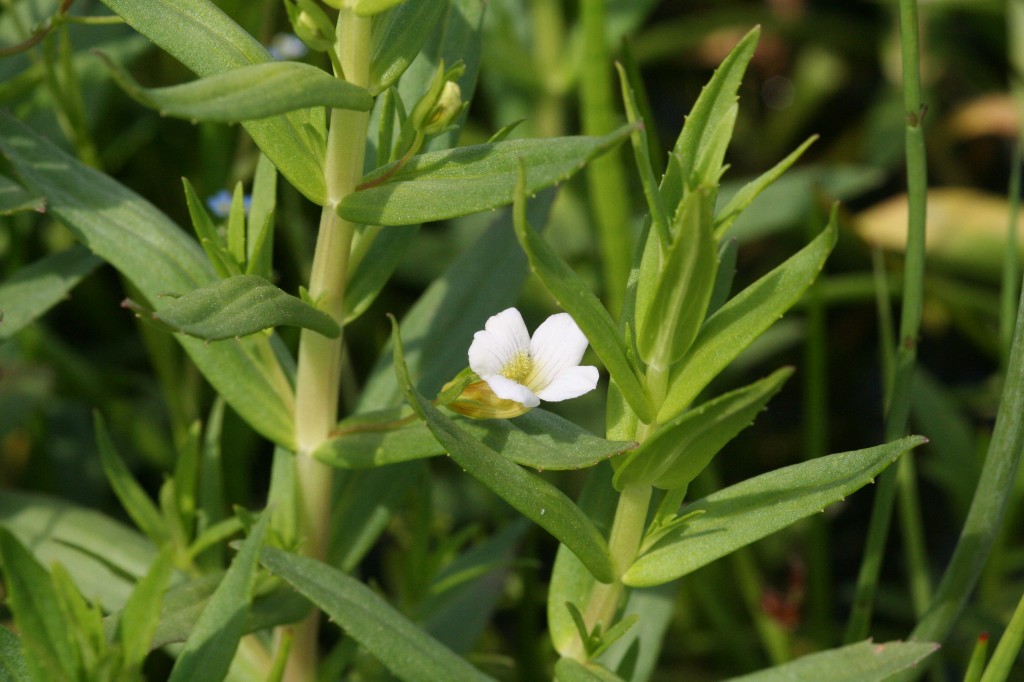WWT-IUCN partnership will help plants and wetlands
A new partnership has been agreed between the Wildfowl & Wetlands Trust (WWT) and the IUCN SSC Freshwater Plant Specialist Group (FPSG) that will improve wetland conservation and help save threatened plants.

Through the agreement, WWT will support the International Union for Conservation of Nature (IUCN) Species Survival Commission’s (SSC) Specialist Group to further the research and conservation of wetland-dependent plants around the world, whilst benefitting from access to a wealth of specialist knowledge.
Rob Shore, Head of Wetland Conservation at WWT, said:
“Plants are fundamental building blocks of our wetlands and an increasing number of species are under threat, so I’m really pleased that we will be working closely with the FPSG.
“From managing our own wetlands, we know it is critical to create the conditions for native plants to thrive so they support the diversity of other life – from invertebrates, right through to birds and mammals. If we get that right, the whole rich mix of wetland species largely falls into place.
“But if it goes wrong, the system rapidly falls apart, which is why, for instance, we are so concerned about the impact of non-native aquatic plants on the wildlife of our wetlands. This is a field that will really benefit from our new partnership.”
Richard Lansdown’s proposal to establish the FPSG, supported by the Fondation Tour du Valat and Plantlife International, was unanimously approved by the IUCN SSC. Richard is delighted that WWT has agreed to host the FPSG. He said:
“Hosting by WWT will help the FPSG reach a wider audience, whilst the expertise of WWT staff will enable the FPSG to be better informed and more effective with practical conservation on the ground.”

The Specialist Group is encouraging people from all aspects of wetland conservation to consider becoming a member. The IUCN SSC Specialist Groups network is made up of scientists from all over the world, working together to conserve biodiversity. Between them, they make up the IUCN SSC. Sir Peter Scott, founder of WWT, was the first ever chair of the IUCN SSC when it was created in 1962 and conceived the Red Data Books which are the foundation of modern global conservation.
To this day WWT is closely involved in the IUCN SSC, chairing three Specialist Groups, on flamingos, ducks and threatened waterfowl, and now as host of the Freshwater Plant Specialist Group.

Notes:
- The remit of the FPSG includes all vascular plants, mosses, liverworts, lichens and fungi which depend upon wetlands, from lakes, rivers and marshes to permanent and temporary ponds.
- The FSPG is a collaboration of wetland scientists from more than 50 countries, mainly botanists but with support from soil scientists, hydrologists, ecologists and geologists.
About IUCN:
- IUCN, International Union for Conservation of Nature, helps the world find pragmatic solutions to our most pressing environment and development challenges.
- IUCN’s work focuses on valuing and conserving nature, ensuring effective and equitable governance of its use, and deploying nature-based solutions to global challenges in climate, food and development. IUCN supports scientific research, manages field projects all over the world, and brings governments, NGOs, the UN and companies together to develop policy, laws and best practice.
- IUCN is the world’s oldest and largest global environmental organization, with more than 1,200 government and NGO members and almost 11,000 volunteer experts in some 160 countries. IUCN’s work is supported by over 1,000 staff in 45 offices and hundreds of partners in public, NGO and private sectors around the world. www.iucn.org
About the Species Survival Commission:
- The Species Survival Commission (SSC) is the largest of IUCN’s six volunteer commissions with a global membership of around 7,500 experts. SSC advises IUCN and its members on the wide range of technical and scientific aspects of species conservation, and is dedicated to securing a future for biodiversity. SSC has significant input into the international agreements dealing with biodiversity conservation.
